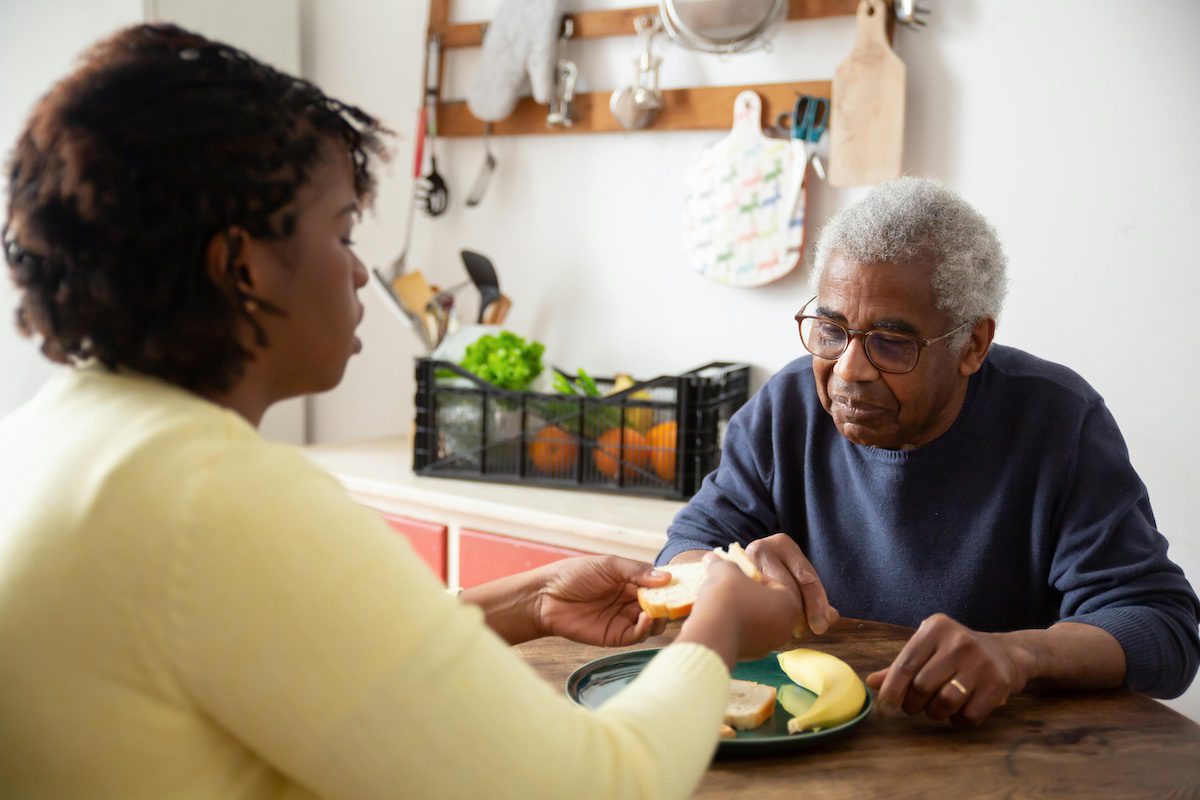As we age, maintaining good health and well-being becomes increasingly important for enjoying a fulfilling and active lifestyle. One of the most effective ways for seniors to achieve and maintain optimal health is through regular exercise.
In this blog post, we will explore the numerous benefits of exercise for seniors, including physical, mental, and emotional well-being, and provide practical tips for incorporating exercise into daily routines.
Physical Benefits of Exercise
Regular exercise offers a multitude of physical benefits for seniors. Firstly, it plays a crucial role in improving cardiovascular health by strengthening the heart and enhancing circulation.
Engaging in aerobic activities, such as walking, swimming, or cycling, helps to increase heart rate and improve cardiovascular endurance, reducing the risk of heart disease and stroke.
Additionally, exercise contributes to maintaining healthy bones and joints by promoting bone density and preserving cartilage. This helps to reduce the risk of osteoporosis and arthritis, common conditions that can significantly impact mobility and quality of life in seniors.
Strength training exercises are particularly beneficial for seniors as they help build and maintain muscle mass, improving overall strength and mobility.
By incorporating exercises such as lifting weights or using resistance bands into their routine, seniors can enhance muscle tone and function, making daily tasks easier and reducing the risk of muscle weakness and frailty.
Moreover, strength training can also help improve balance and stability, which is essential for preventing falls and injuries, especially in older adults.
Furthermore, regular physical activity contributes to weight management by burning calories and increasing metabolism. Maintaining a healthy weight is important for overall health and can help reduce the risk of chronic diseases such as diabetes, hypertension, and certain types of cancer.
Exercise also plays a role in lowering blood pressure, as it helps improve the efficiency of the cardiovascular system and reduces strain on the heart. Additionally, activities that focus on balance and coordination, such as yoga or tai chi, can help improve proprioception and spatial awareness, reducing the risk of falls and enhancing overall mobility and independence in seniors.
Mental and Cognitive Benefits
In addition to its physical benefits, exercise also plays a crucial role in supporting mental and cognitive health in seniors. Physical activity stimulates the release of endorphins, neurotransmitters that promote feelings of happiness and well-being, helping to alleviate symptoms of depression and anxiety.
Engaging in regular exercise can provide a natural mood boost, contributing to a more positive outlook on life and enhancing overall emotional well-being for seniors.
Moreover, research has shown that regular exercise can have significant cognitive benefits for older adults. Exercise has been linked to improvements in cognitive function, including memory, attention, and executive function.
By increasing blood flow to the brain, aerobic exercise in particular promotes the growth of new brain cells and strengthens neural connections, which can help preserve cognitive function and reduce the risk of cognitive decline and dementia in later life.
Furthermore, exercise serves as a form of mental stimulation, challenging the brain to coordinate movements and adapt to new tasks and environments. Activities that require coordination, balance, and spatial awareness, such as dancing or certain sports, can help maintain cognitive function by engaging multiple areas of the brain simultaneously.
Additionally, participating in group exercise classes or social activities promotes social interaction and engagement, which are important for cognitive health and overall well-being in seniors.
Emotional Well-Being
Engaging in regular exercise can have a profound impact on emotional well-being and quality of life for seniors. Exercise provides an opportunity for social interaction and engagement, whether through group fitness classes, walking clubs, or team sports.
These activities foster a sense of community and belonging, helping to combat feelings of loneliness and isolation that are common among seniors, particularly those who may be living alone or experiencing social withdrawal.
Additionally, the sense of accomplishment and satisfaction that comes from achieving fitness goals and maintaining an active lifestyle can significantly boost self-esteem and confidence in seniors.
Whether it’s completing a challenging workout, improving physical fitness levels, or participating in a new activity, each achievement reinforces a sense of capability and worthiness. This, in turn, contributes to a positive self-image and greater overall satisfaction with life.
Furthermore, exercise serves as a healthy outlet for stress and tension, providing seniors with a means to release pent-up emotions and unwind. Physical activity triggers the release of endorphins, neurotransmitters that promote feelings of relaxation and well-being, helping to alleviate symptoms of stress and anxiety.
Engaging in regular exercise routines can also promote better sleep quality, as it helps regulate the sleep-wake cycle and promotes feelings of calmness and relaxation, leading to more restful and rejuvenating sleep.
Practical Tips for Seniors
Incorporating regular exercise into daily routines can seem daunting for some seniors, but with a few simple strategies, it can become an enjoyable and manageable part of life.
Firstly, it’s important to choose activities that are enjoyable and suited to individual interests and abilities. Whether it’s walking, swimming, gardening, or dancing, finding activities that bring joy and satisfaction makes it easier to stay motivated and committed.
Seniors should aim for a combination of aerobic, strength training, and flexibility exercises to achieve a well-rounded fitness routine. It’s also essential to start slowly and gradually increase intensity and duration as fitness levels improve.
Consulting with a healthcare provider or fitness professional can provide personalized guidance and recommendations based on individual needs and medical history.
With dedication and perseverance, seniors can experience the numerous benefits of regular exercise and enjoy improved physical, mental, and emotional well-being.
Final Thoughts
In conclusion, regular exercise is essential for promoting health, well-being, and quality of life in seniors. From improving physical fitness and reducing the risk of chronic diseases to supporting mental and emotional health, the benefits of exercise are vast and far-reaching.
By incorporating regular physical activity into daily routines and adopting a balanced approach to fitness, seniors can enjoy a more active, independent, and fulfilling lifestyle as they age.
Remember, it’s never too late to start reaping the rewards of exercise, so lace up those sneakers and get moving for a healthier, happier tomorrow.


